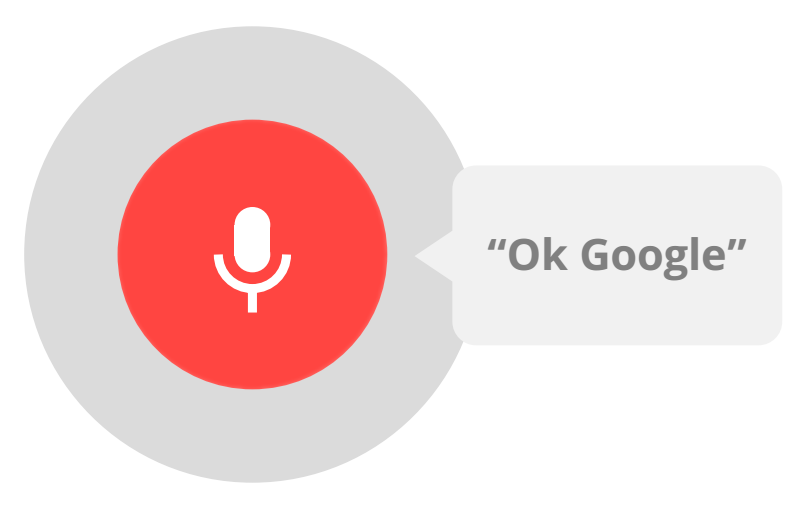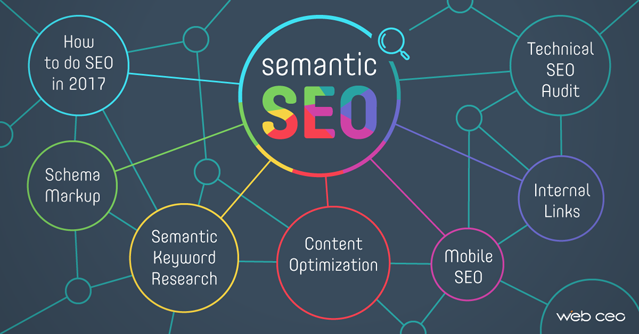Last Updated on July 24, 2018
Established businesses and startups are now coming to the realization that SEO is an important part of their overall digital marketing strategy. Even if you are not fully aware of how SEO works, still it is important to know that search engine optimization practices are changing at a high speed.
Since its inception in the late 90s, SEO primarily was focused on the marketing aspects. It was not until Google started taking tough measures to ensure that SEO is more about the users’ experience rather than just ranking websites.
Google has evolved a lot over the last two decades and now it offers quick answers to the online search queries. This responsiveness is not affected by even misspelled, incomplete or poorly worded phrases.
As passive users do not concern themselves with the deep impact of SEO on making the search results for their queries more refined and relevant, the onus is on the experts to make sure their content is up to the mark and in accordance with latest the SEO standards.
When we look back we find that earlier SEO was based on a rigid framework of keywords. This led to the exploitation of keywords by webmasters and SEO professionals who crammed keywords in the content without any regard for meaningful usage; making content difficult to read.
Content got more and more spammy as quality took a back seat for content creators. This led Google to spring into action and start targeting the spammy content.
In the move to make content more relevant for the readers and keep the quality of search results high, Google moved from literal keywords to semantic.
Google’s Algorithm Updates
To curb the menace of keyword stuffing and encourage quality content, Google started implementing a series of updates in its core algorithm. This changed how websites were ranked and the penalty was imposed on sites participating in excessive link baiting and thin content.
Webmasters were forced to create relevant quality content if they wanted their websites to rank. Google continued to push website owners to produce user-friendly content till 2013 when Google came out with the Hummingbird algorithm update.
This update changed the face of SEO for good. The Hummingbird update was devised to look at the intent of the search query rather than the identical keywords and phrases.
No longer did the words or phrases have to match exactly, but Google now searched websites for the same idea as a search query. Words didn’t even have to be spelled the same and the word order and structure of query phrases didn’t have to match exactly.
Another factor that led to this update was the change in habit of how people used to search on the web. The fast-paced society was no more willing to enter lengthy keywords in search boxes instead they started using shorter search queries but still expected to get relevant results instantly.
This was made possible by the RankBrain component of the update. RankBrain is an artificial intelligence algorithm that allowed Google to better understand the complex searches and offer an insight about the user’s intent.
This notion of intent is what we call as semantic search.
Speech-to-text
 Semantic search is clearly the future as we are moving towards an age where we won’t be typing text to get results from Google. We will soon be using only voice to get answers and this will require a deeper understanding of what people’s intention is- i.e. to give relevant results.
Semantic search is clearly the future as we are moving towards an age where we won’t be typing text to get results from Google. We will soon be using only voice to get answers and this will require a deeper understanding of what people’s intention is- i.e. to give relevant results.
There were a number of technological advancements that contributed to the development of semantic search. One such important advancement was the speech-to-text functionality offered by the new age Smartphones.
Google is trying to make it as easier as possible for searchers to get results in no time. Voice-to-text was the next obvious step for the search engine giant.
This shift from text to voice search meant users will now use more complex and sophisticated words to search on Google. This is why semantic words make sense for verbal searches.
Google understands that people talk very differently than what they type.
This is why the Hummingbird update was focused more on making the search process more semantic rather than a rigid and mechanical process.
This is why it is essential for you to start optimizing your content for semantic search. Google puts the human value of content at the top. This is why we can expect more updates like RankBrain from the search giant.
Why shift to semantic SEO?
There are many positive impacts of adoption of semantic search optimization. Let’s have a look at a major few.
- A much more intuitive search
The fast-paced improvement in technology has nurtured web users to expect faster intuitive answers to their queries. Semantic search has made this all possible.
Unlike in the past when users had to try different search variations to get to the result they wanted, now Google offers a more intuitive search that dramatically improves your overall search experience.
For SEO professionals who were trying to rank their quality content and not just rank for revenue’s sake had to do a lot of brainstorming to determine what exact phrases their target audience might use. Furthermore, they had to strangely fit those keywords and phrases in the content. This led to a disconnect between the searcher’s intent and the results that appeared.
Semantic search prevented this disconnect by lessening the focus on keywords and phrases and more on the user’s intent.
Search engine optimizers also adopted their content creations strategies accordingly.
A better web search experience was born.
- Content that offers value
Google’s every algorithmic update was focused on improving the search experience for users. Hummingbird update allowed users to get answers for their queries not based on what they typed but based on the intention behind the search.
People are now used to enter search queries more similar to how they talk. Google has used AI to understand and rank websites based on the same search query syntax.
The lesser emphasis on specific keywords and search phrases, the content has to be of highest quality to stand a chance to rank. You can no longer expect to rank on Google by stuffing keywords here and there.
This led to writers producing a lot more quality content. Now the content on the Internet offers much better human value than it used to.
- Quality Results
Semantic SEO led to exponential improvement in the quality of search result pages. Users started to get accurate answers to their queries and a lot more.
This also led to the inclusion of “rich answers” in the Search Result Pages. These answers are gathered by Google from a quality web page and displayed in such a manner that allows users to get the answer without having to click a link. Google now offers rich snippets in search results that display appropriate section of the content from a website.
SERPs now have snippets of all kinds including charts, maps, tables, and sliders. This gives users the answers they are looking for nearly instantaneously and that improve the search experience.
- Less Emphasis on Keywords
The root cause of all spam and poor-quality content on the Internet is the importance that search engines used to give to keywords. With a lesser emphasis on the keywords, content quality took preference.
This does not mean that the keywords are not important, they are still one of the important ranking factors but just not the only one. Now SEO strategies are based on many factors, not just the keywords. Now just putting exact match keywords or maintaining a certain keyword ratio is not going to rank websites.
The focus of the content now has to be on the intent of the users, keywords just guide us to focus on certain topics.
- Better Flexibility
Search engines moving away from the exact-match keyword phrases makes it possible for sites to have more flexibility in their content. Now content can be more creative and unique given the fact that Google accepts alternative phrases and synonyms to rank content for a certain keyword.
Now writers can produce content that is ultimately useful for the users without having to restrict themselves to working around keywords.
Are you using semantic search approach?
Both users and SEO professionals are benefited from the new semantic approach towards optimizing web content. This approach has brought together the users and SEO experts as both have to share an understanding of the intent behind the search for better search experience.
If your web resources are not still optimized for semantic search, probably you will find it almost impossible to rank at the top positions on Google.
Start putting more emphasis on user experience and get rid of the OLD SCHOOL SEO to get the attention you deserve.
Hope we provided you with a detailed idea of semantic search that will help you to optimize your websites easily.

